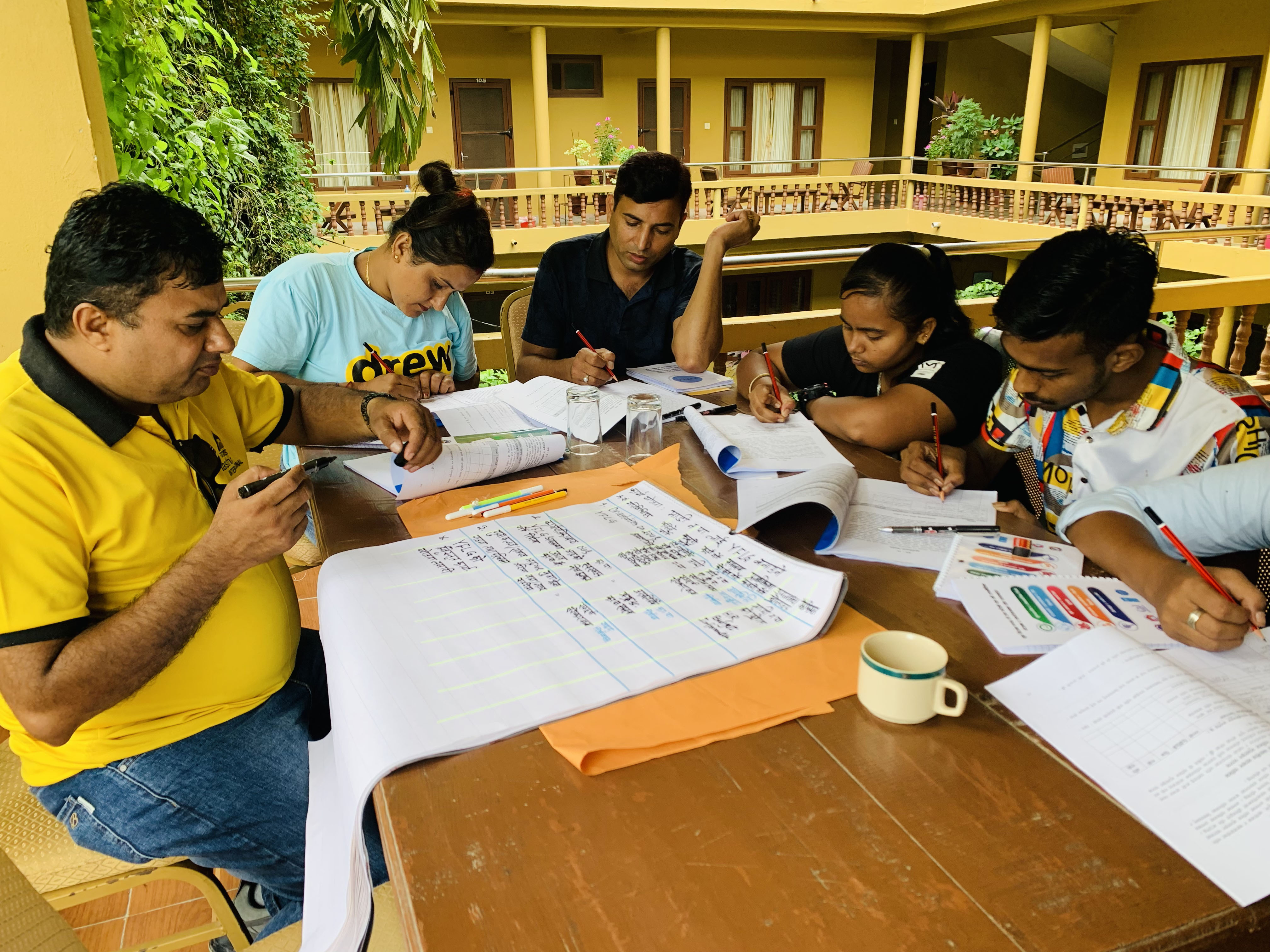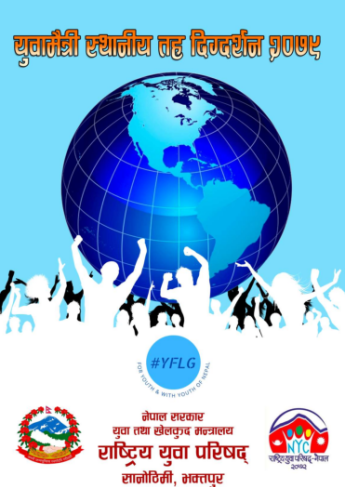Promoting Youth Participation in Local Government
January 23, 2023

As an enthusiastic and aware youth from Kolhabi Municipality (Madhesh Province, Bara district), I always had a curiosity to understand the local development processes, including how development issues and projects are discussed and prioritized in the planning process. A few months back, I was in my village on a short leave when all the local governments were busy preparing their annual budgets. I learned that our municipality was also organizing a meeting to discuss the annual budget. I called our ward chair to find out the meeting date and whether I could join as well. He said that he has not seen any externals joining municipal committee’s planning meetings. I was surprised to hear that, as I know there is a clear provision of including community people in the local government planning meetings. Then I realized the need for promoting youth participation in the local level development planning and implementation processes.
It was highly satisfying that soon after that incident I had a chance to work with my colleagues at United Nations Development Programme (UNDP) and United Nations Children’s Fund (UNICEF) to develop a concept of Youth Friendly Local Governance (YFLG), which was then floated to the National Youth Council (NYC). The Council had a guideline with indicators on YFLG which needed to be revised. The Council suggested developing a training manual based on the guidelines to enhance capacities of the local representatives on promoting youth participation in the local planning process. With support from UNDP Bangkok Regional Hub for Asia and Pacific, we launched the programme covering seven select municipalities across the country.
Together with our implementing partner, Jagriti Child, and Youth Concern Nepal (JCYCN), a youth led organization, we had a consultation with 185 young people to revise the existing YFLG guideline. Once the revised guideline was endorsed by NYC, a training manual was developed and 238 local representatives, staff, and youth leaders from each of the seven provinces were trained on YFLG.
We kicked off the pilot training in Madi Municipality, Chitwan. It was encouraging to see the Mayor and Deputy Mayor of Madi Municipality participate in the training. Local youth leaders, staff and the representatives came together and developed an action plan to meet YFLG indicators mentioned in the guideline. "Please do visit municipal office, we are always stand by to hear and support your ideas," said Ms. Tara Kumari Kaji Mahato, Mayor of Madi Municipality reassuring youth that their voices will be well heard at the decision-making level.
One of the participants from Dashrathchand Municipality, Baitadi said that this concept should have come earlier so that they could have contributed more to the local development process. Youth participants from all 7 local governments handed over action points to their representatives for their action and priority. The young participants in the training were excited to work with the local representatives and staff on youth agenda.
We encouraged participation from socially excluded communities. After launching the YFLG movement, respective municipalities organized creative youth focused interventions such as plantation, speech competition, clean up and youth consultations in their respective local governments.
In 2022, around 1,000 youth were involved in different initiatives organized by their respective local governments as a part of the YFLG movement. Some of these local governments have already started allocating resources to achieve YFLG indicators. After this milestone, the next big step is to make all 753 local governments youth friendly.
YFLG is very important in the local development process because as an active, aware, and educated group of the community, youth have crucial role in the local development. We can bring our knowledge, sustainable and innovative perspective in the planning process. In local government, we can hardly see youth focused interventions though youth are the ones who are deprived of qualitative and vocational education. We are the ones who struggle to find a decent job right after graduation. There are less investment opportunities even if we choose to become an entrepreneur. We are the ones forced to migrate for foreign employment as there are no expected opportunities in our own country. These problems are increasing everyday, and it is even sad that stakeholders are not taking these issues seriously.
The local government has to prioritize skill-based programmes for youth and at the same time they have to have long term plans and policies to create job opportunities for youth. As these issues are of youth, youth themselves should have access in the development processes of their local government. This is why the youth should take part in the development process.

 Locations
Locations




